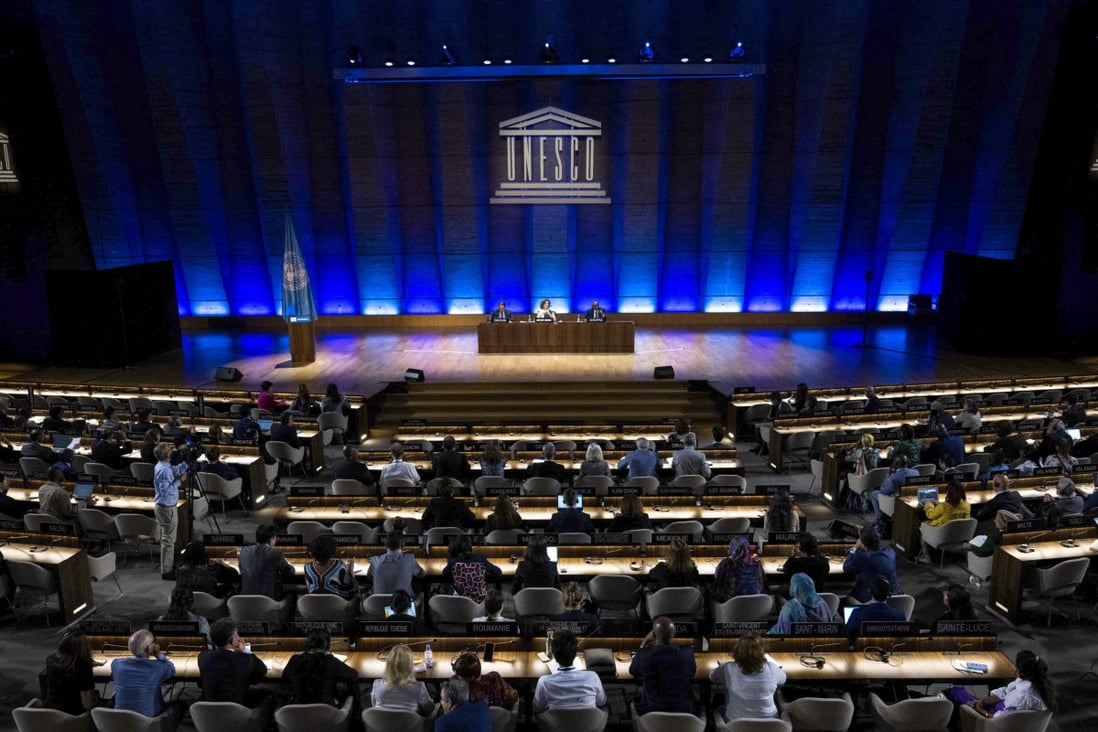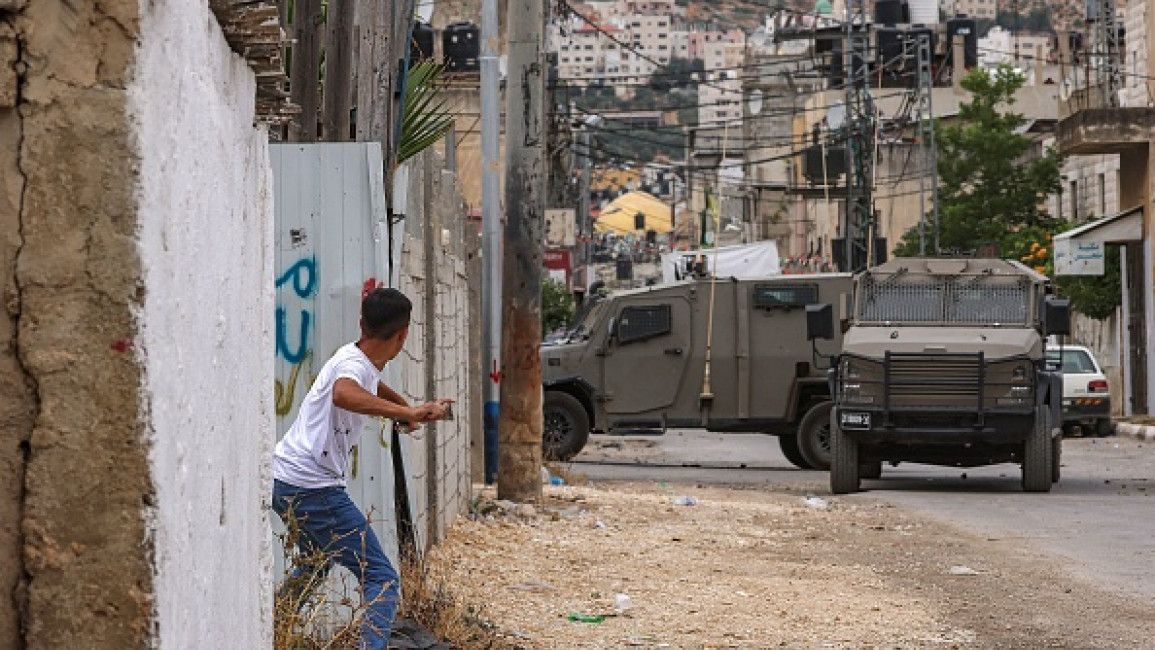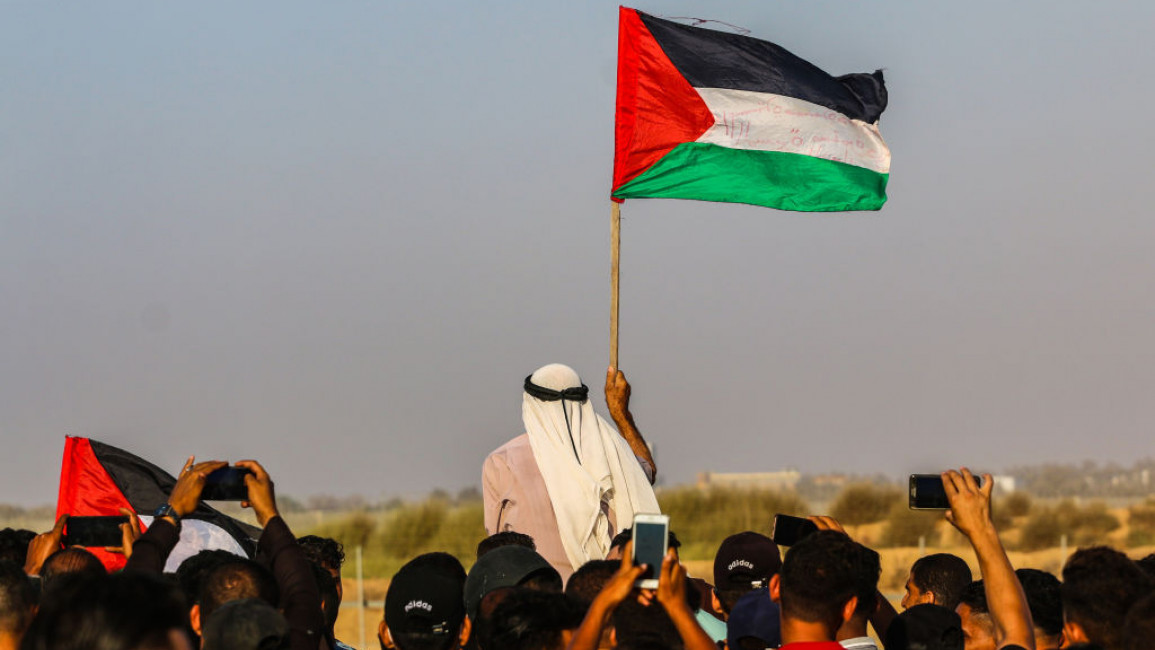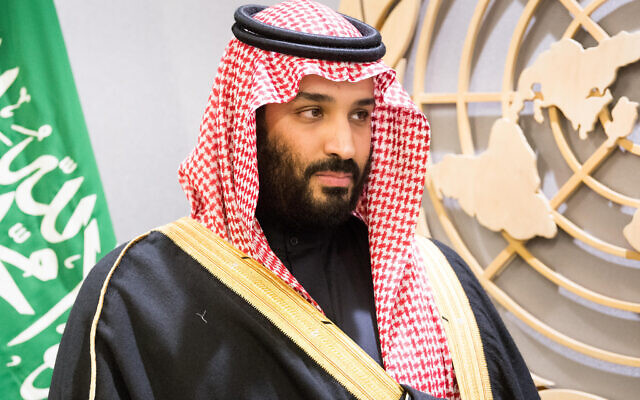
Togliatti-Odesa ammonia pipeline. Photo Credit: se.ua
Moscow Seeks To Use Ammonia Pipeline Blast To Pressure West On Ukraine – Analysis
By Paul Goble and The Jamestown Foundation
Moscow and Kyiv have been trading barbs over who is to blame for the explosion on the Togliatti-Odesa ammonia pipeline on June 5, with the Russian side saying it was the work of Ukrainian “terrorists” and the Ukrainian side saying that it was the result of Russian shelling along the frontlines of Moscow’s
invasion. Ukrainian President Volodymyr Zelenskyy stressed that what happened to the pipeline was the result of military action rather than another Russian terrorist attack, such as the destruction of the Kakhovka dam (Pravda.com.ua, June 6; T.me/holodmedia, June 7; T.me/mod_russia_en, June 7; Politnavigator.net, June 8). The preponderance of evidence strongly suggests that Russia is to blame for this attack precisely to put additional pressure on the West to force Kyiv to concede to Moscow’s demands about a much wider range of issues—just as it has done throughout negotiations about the agreements allowing Ukrainian grain to be sold abroad (see EDM September 13, 2022; Mind.ua, May 12).
No ammonia has flowed through the pipeline since the expanded Russian invasion began in February 2022, and, given that Moscow has insisted that the flow must resume if the export of Ukrainian grain is to continue, Russia had everything to gain by attacking the pipeline to use it as leverage, whereas Ukraine had nothing to gain and much to lose. Thus far, this Russian effort has failed; however, the Russian authorities and propaganda outlets are certain to continue to push the Kremlin’s version and demands in the hope of shifting Western public opinion against Ukraine.
While oil and gas pipelines invariably attract more attention, the Togliatti-Odesa ammonia pipeline is important for Moscow. The pipeline, completed in 1981, extends from the Russian city of Togliatti to Odesa and two other Ukrainian Black Sea ports. Before Russian President Vladimir Putin launched his expanded invasion of Ukraine, it carried some 2.5 million tons of ammonia, a key component for fertilizers, each year and earned Moscow upward of $2.4 billion annually.
But when the Russian attack began, Kyiv suspended the operation of the pipeline, and it has carried no ammonia since. Moscow has tried to compensate by developing port facilities in Novorossiysk, but these have become problematic given the shoreline there and the inability to export ammonia through the Baltic countries—a move that Western sanctions have effectively blocked. Over the past year, the Russian government has sought to link other issues that the West and Ukraine care about to reopen the pipeline. The most important of these links has involved the United Nations–brokered Black Sea Grain Initiative, which allows Ukraine to export its grain harvests.
Russia, Turkey, Ukraine and the UN signed the initial grain agreements on July 22, 2022. They were extended on March 18 for 60 days, according to Moscow, but 120 days, according to Ukraine. That latter deadline will come in mid-July; as that date approaches, the Russian government has taken an ever-harder line, indicating that the attack on the pipeline reflected Russian policy rather than a Ukrainian action that Moscow could be counted on to exploit. For example, five days before the attack, Moscow blocked Ukrainian grain shipping out of the southern ports (Nakanune.ru, June 7). And just before that, the Kremlin signaled that there would be no further extension of the grain deal without a breakthrough on the ammonia pipeline (Mind.ua, May 12).
In its discussions about the grain deal, Moscow has insisted on concessions on various issues not directly related to the transit of grain, including among others, the reopening of the Togliatti-Odesa ammonia pipeline. And it has attacked Western governments for failing to put pressure on Ukraine on this point. Kyiv for its part has sought to make the grain deal self-standing, though in response to Russian demands, the Ukrainian government did offer last fall to make concessions on the pipeline if Moscow agreed to a “one for one” exchange of Ukrainian and Russian prisoners (1prime.ru, June 12).
The explosions on the ammonia pipeline occurred just days before the latest round of talks about the grain deal this week in Geneva. The talks did not go well, with Moscow’s representative, Deputy Foreign Minister Sergey Vershinin saying that Russia would not renew the grain agreement unless Kyiv reopened the ammonia pipeline and ensured its security. Vershinin criticized the UN and the West for failing to put pressure on Kyiv to open the pipeline and for not ending its sanctions regime. He also stated that Russia would act strictly according to its own national interests, regardless of the consequences for others (Uspei.com, June 10; Ria.ru, June 10; Ria.ru, June 12). Russian domestic outlets have played up these themes and suggested that what the Kremlin believes Kyiv has done to the pipeline leaves little opportunity for progress (Interaffairs.ru, June 5; Tsargrad.tv, June 10).
Western governments have clearly gotten the message, but there is little indication that they have accepted the Russian version of events or plan to pressure Kyiv to reopen the ammonia pipeline. The British Defense Ministry, for example, bluntly declared that “Russia is likely sabotaging the grain deal to force the reopening of the ammonia pipeline”—language that suggests London, like other Western capitals, will not submit to this latest Russian attempt at blackmail (Twitter/DefenceHQ, June 9).
In this situation, Moscow is doing exactly what it has done in the past: feeding stories to Western media outlets that may lead some in the West to accept its position and put pressure on their governments. However, in the current environment, such efforts may backfire and simply call increased attention to what the Kremlin has been doing in Ukraine.
What is especially worrisome now is that Moscow may attack port facilities in Odesa at the southern end of the ammonia pipeline—not only to undermine Kyiv’s ability to export grain and other products but also to try to show Ukraine and the West that the Kremlin has additional and even more horrific options in these complex negotiations about the extension of the grain deal. Given that Putin’s preferred modus operandi has been to double his bets whenever he feels he has been driven into a corner, this is all too likely a possibility—and one that is rather sensitive for the Ukrainians (Mind.ua, May 12).
If that should happen, the relatively small explosions along the ammonia pipeline near the frontlines in Ukraine last week, especially given Russian truculence and intransigence in Geneva, could become the trigger for a much larger crisis.
This article was published by The Jamestown Foundation’s Eurasia Daily Monitor Volume: 20 Issue: 95

Paul Goble is a longtime specialist on ethnic and religious questions in Eurasia. Most recently, he was director of research and publications at the Azerbaijan Diplomatic Academy. Earlier, he served as vice dean for the social sciences and humanities at Audentes University in Tallinn and a senior research associate at the EuroCollege of the University of Tartu in Estonia. He has served in various capacities in the U.S. State Department, the Central Intelligence Agency and the International Broadcasting Bureau as well as at the Voice of America and Radio Free Europe/Radio Liberty and at the Carnegie Endowment for International Peace. Mr. Goble maintains the Window on Eurasia blog and can be contacted directly at paul.goble@gmail.com .









